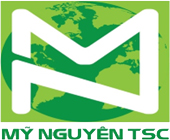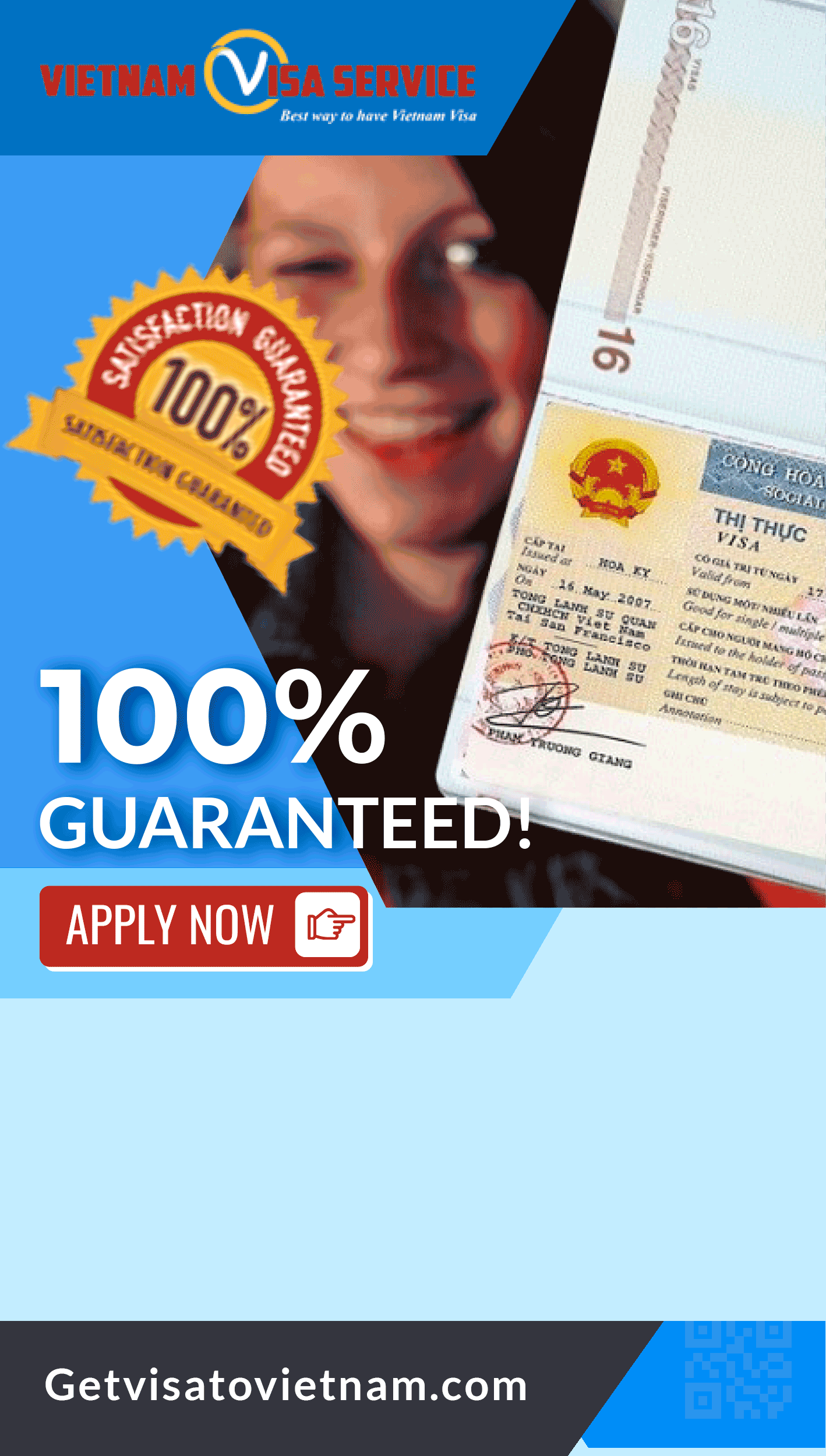An electronic ᴠɪѕɑ (ᴇ-ᴠɪѕɑ) is one of ᴠɪѕɑ types issued to foreigners by Vietnamese Immigration Department via electronic system. Vietnam ᴇ-ᴠɪѕɑ is valid from 30 days to 90 days.
Outside Vietnam foreigners who want to enter Vietnam can apply your ᴇ-ᴠɪѕɑ via this link: Apply for ᴇ-ᴠɪѕɑ
There are many options for processing time to ensure you can get your ᴇ-ᴠɪѕɑ on time.
- Processing time: 4-5 wokring days (normal processing time)
- Processing time: 3- wokring days (Rush)
- Processing time: 2 wokring days (Urgent)
- Processing time: 1 wokring days (Express)
- Processing time: 4 hours (Super Express)
- Processing time: 15-30 minutes (Emergency)
If you are not on list of 80 countries for ᴇ-ᴠɪѕɑ, you can apply VOA (ᴠɪѕɑ on arrival) via this link: Apply VOA
List of Countries that allowed ᴇ-ᴠɪѕɑ issuing. ᴇ-ᴠɪѕɑ Vietnam support for 80 eligible countries.
List of Ports that allowed foreigners enter and exit Vietnam by ᴇ-ᴠɪѕɑ.
On a backpacker budget, you can visit Vietnam for 600,000 VND per day. This budget covers a stay in a large hostel dorm, eating street food for all of your meals, limiting your drinking, and taking the bus between cities. On this budget, you can enjoy free walking tours as well as other free activities such as hiking and enjoying the beach. If you plan on drinking, add another 20,000-40,000 VND to your daily budget.
A mid-range budget of about 1,125,000 VND per day covers staying in a cheap hotel, eating street food and at the occasional sit-down restaurant, enjoying a few more drinks, taking the occasional taxi to get around, and doing more paid activities such as museum visits and water upper shows.
On a “luxury” budget of 2,460,000 VND, you can stay in a nice hotel, eat out for all your meals anywhere you want, enjoy lots of drinks, and more taxis, and do whatever tours and activities you want, including a multi-day trip to Ha Long Bay. This is just the ground floor for luxury though. The sky is the limit!
You can use the chart below to get some idea of how much you need to budget daily, depending on your travel style. Keep in mind these are daily averages – some days you’ll spend more, some days you’ll spend less (you might spend less every day. Who knows?). We just want to give you a general idea of how to make your budget. Prices are in VND.
Vietnam Travel Guide: Money-Saving Tips
Vietnam is a very affordable country. In fact, it’s one of the cheapest in all of Southeast Asia. Even with the explosion of tourism in the last five years, it still remains very affordable. However, if you’re looking to travel even cheaper and save some money, here are my tips on how to do so:
Eat delicious street food – The street food here is excellent and cheap, and you can watch it being cooked in front of you. Stick to the local food and you’ll save money. The street-side pho, bread, sandwiches, donuts, and bananas are your best deals.
Late-night travel – If traveling on long journeys, try to take the late-night “sleeper” buses or trains as these will save you the cost of a night’s accommodation. Depending on the company, you may even have a chance to comfortably lie flat as you ride through the dark countryside to your next destination.
Take the tourist bus – It is actually cheaper to take the tourist bus around the country than taking local transportation because of the “tourist” price you get at the bus station. Tickets from one end of the country to another are very affordable.
Fly for cheap – Vietnam’s low-cost airlines VietJet and FlyVietnam are extremely inexpensive. This is a great option for people with limited time to explore different regions of Vietnam. Both airlines frequently offer special deals and at the time of writing this, Hanoi to Da Nang is just 820,000 VND!
Bargain hard – Tourists tend to be charged more than locals for everything from cyclos (a three-wheel bicycle taxi) to clothes to street food. Bargain harder than you would ordinarily, and don’t underestimate the value of walking away.
Skip the SIM Card – Vietnam is highly connected to Wi-Fi — you can find it in just about every hotel, shop, restaurant, and convenience store for free! Unless you need to have connectivity during a long bus ride or in rural areas, I’d forgo the SIM card and take a break from connectivity.
Ask your hostel staff – Before you leave the hostel, ask them to estimate how much what you want to do should cost. How much should a ride to the museum cost? How much should I pay to have a gown like this made? They will be able to give you bargaining guidelines.
Bring a reusable water bottle – The tap water in Hanoi is not safe to drink. To save money and reduce your plastic use, bring a reusable water bottle with you. LifeStraw make a reusable bottle with a built-in filter so you can be sure your water is always safe and clean.




3 comments
Et harum quidem rerum facilis est et expedita distinctio. Nam libero tempore, cum soluta nobis est eligendi optio cumque nihil impedit quo minus id quod maxime placeat facere.
Quis autem vel eum iure reprehenderit qui in ea voluptate velit esse quam nihil.
Neque porro quisquam est, qui dolorem ipsum quia dolor sit amet, consectetur, adipisci velit, sed quia non numquam eius modi tempora incidunt ut labore.